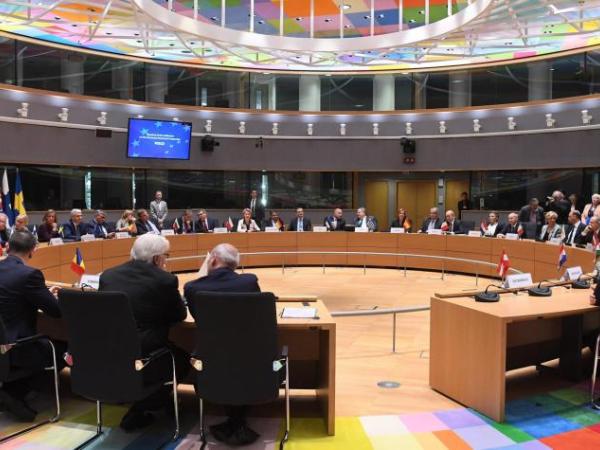The Senate of the Republic of Chile unanimously approved a project that aggravates the penalties for the crime of kidnapping in the country. The initiative establishes that the crime will be punished with imprisonment ranging from 5 years and 1 day to 15 years, and will be increased to life imprisonment when, in addition, homicide, rape or very serious injuries are committed.
The project also contemplates the amendment that reduces the duration of confinement or detention from 48 hours to 24 hours. However, some senators expressed their doubts about this measure, pointing out that it could put the lives of the victims at risk if the required money is not collected within that period.
During the debate, where the senators intervened Felipe Kast, Matías Walker, Francisco Chahuán, José Miguel Durana, José Miguel Insulza, Fidel Espinoza, Kenneth Pugh, Ximena Rincón, Carmen Gloria Aravena, Juan Ignacio Latorre, Claudia Pascual, Luz Ebensperger, David Sandoval, Iván Flores, Jaime Quintana, Juan Castro Prieto and Isabel Allende, The legislators agreed that it is a public and political signal to discourage this type of crime and correct a deficiency in the criminal type.
According to police data, kidnappings increased by 79.4% compared to the previous year.
“It is very delicate. If the money is not raised in 24 hours, many people could die”
Senator Jose Miguel Insulza
It was recognized that this is a crime that generates a lot of fear and that must be dealt with, and that the new norm is not criminal populism, but a necessary measure to face the reality that the country is facing.
Despite this, some senators recognized that the most severe penalties are not a guaranteed solution to stop the practice of kidnapping in the country, since criminals are not pending sentences. However, it was called to move forward with a more comprehensive look at the problem.
In general, the bill received strong support from the senators, who made it clear that kidnapping is a crime that cannot go unpunished in the country. The initiative must now go through its third constitutional process by the Chamber for its final approval.

















